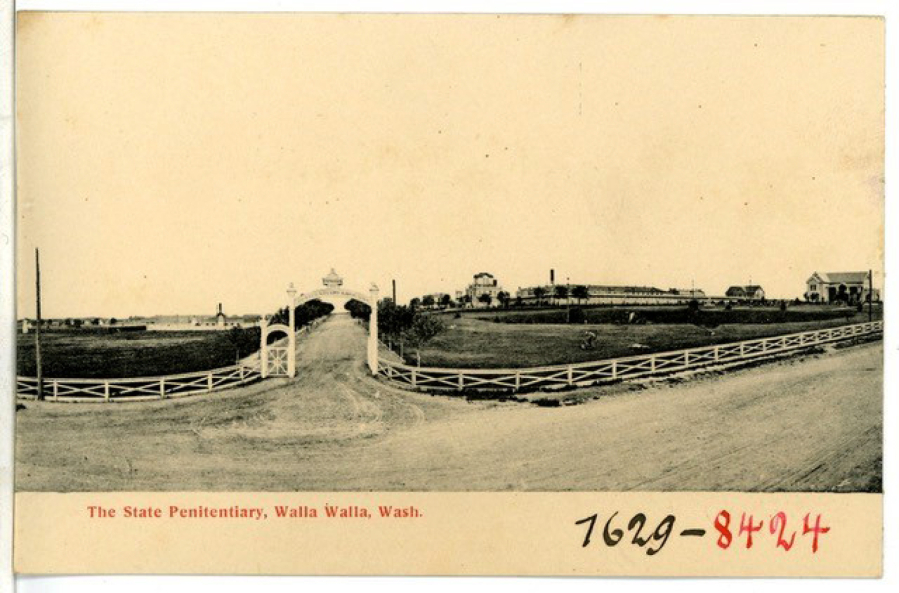When Vancouver city incorporated in 1857, Clark County had 945 residents, according to the Washington Territorial census that year. This was a time when the geographic organization of counties was just emerging and when Clark County’s borders extended well beyond today’s. Vancouver declaring itself a city was a hyperbole expressing the high expectations of the citizenry. Truly nothing more than a humble village, the new city imagined itself a magnet for prosperity capable of attracting government buildings and the prestige that came with them.
Unfortunately, such hopes would fall beyond the town’s grasp nearly until Washington statehood in 1889. At different times, Vancouver almost snatched up a prison, seized the territorial capital and library and grabbed an agricultural college. Despite the intense effort rallying around these opportunities, each became a political phantom.
Legislation passed in 1855 declared a penitentiary would be installed at Vancouver, then the county seat. In 1858, an act was passed to build on 10 acres of Esther Short’s land claim. Today’s cityscape would place it west of Columbia Street and between Ninth and 11th streets. Although the property was transferred to the territory and the Legislature issued a call for bids in 1860, the prison went unbuilt for 20 years. In 1870, the Legislature gave the land back to a Short descendant and moved the penitentiary to Walla Walla as a qualification for statehood.
Territorial legislation in 1860 declared Vancouver the permanent capital. But Olympia wrestled it away. The 1861 Clark County Democratic Convention made its plank procuring the capital for Vancouver. The library was to come too, and the county commissioners voted money to move it in 1861. In the end, the Territorial Supreme Court nullified the legislative act but only after four days of haggling, scathing scoldings and nasty editorials did the capital and library fall to Olympia.



